1. Jaywalking in Major Cities
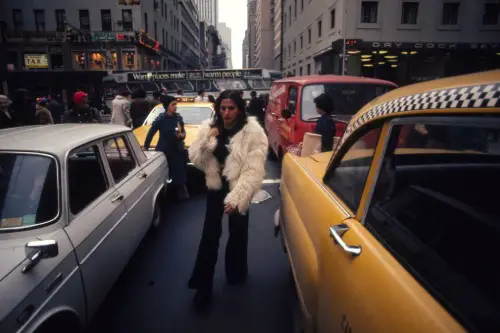
In much of America, stepping off the curb when the pedestrian signal says “don’t walk” can earn you a ticket. Cities like New York and Los Angeles enforce jaywalking laws to keep foot traffic predictable and prevent accidents. Fines can range from a small fee to over a hundred dollars depending on the state and city. It’s treated as a safety issue, but also as a way to keep traffic patterns smooth.
In many other countries, crossing the street wherever and whenever you feel like it is just part of daily life. Cities like Rome or Hanoi seem to function on a kind of mutual trust between drivers and pedestrians. Tourists often marvel at the “organized chaos” of people weaving through moving vehicles without incident. In those places, crossing mid-block might even earn you a nod of approval for efficiency.
2. Drinking Alcohol in Public
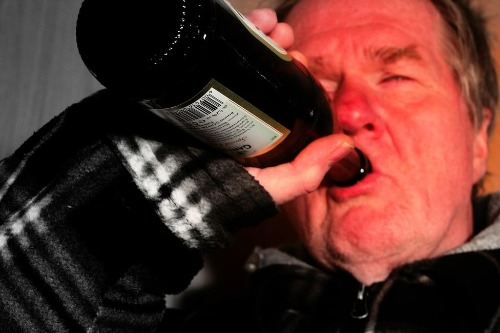
Open container laws in most U.S. states make it illegal to sip alcohol on the street or in a park. Even if you’re behaving yourself, police can still issue a fine if you’re caught with an open beer or wine glass outside of licensed areas. These rules are rooted in public order concerns and an effort to curb public intoxication. You could even be cited just for holding a visibly open drink, regardless of your behavior.
In parts of Europe, walking with a glass of wine during a summer festival is completely normal. Cities like Berlin or Prague often allow people to drink outdoors as long as they remain respectful. Street beer in Germany is not only legal but also considered part of the culture. In those settings, it’s seen as harmless enjoyment rather than a public threat.
3. Collecting Rainwater in Certain States
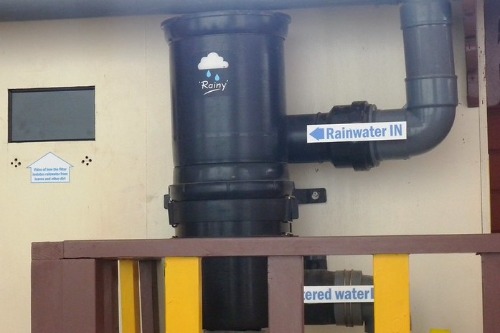
Some U.S. states regulate or restrict rainwater collection because of water rights laws. In Colorado, for example, it was illegal until 2016 to collect more than a couple of small barrels’ worth without special permission. The reasoning was that rainfall contributes to rivers and streams, which are legally allocated to specific users. Violating these rules could result in fines or even a court order.
In other countries, catching rain is often encouraged as an eco-friendly practice. Rural communities in Australia and parts of Africa actively rely on rainwater tanks for sustainability. It’s seen as smart resource management rather than a legal headache. In some places, not collecting rain might even be viewed as wasteful.
4. Feeding Pigeons in Public Squares
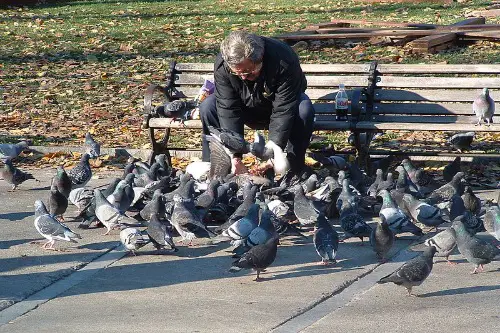
In cities like San Francisco, feeding pigeons is against the law and can lead to a fine. The concern is that feeding them encourages overpopulation and the spread of disease. Authorities also worry about pigeons damaging buildings and public spaces with their droppings. Signs in certain parks clearly warn visitors to resist the urge to toss breadcrumbs.
In contrast, tossing seeds to pigeons is practically a pastime in parts of Europe and Asia. Tourists in Venice or Paris often pay for bags of grain to hand-feed birds in famous squares. The sight of pigeons fluttering around someone’s shoulders is considered charming, not hazardous. It’s even seen as part of the city’s character.
5. Washing Your Car at Home
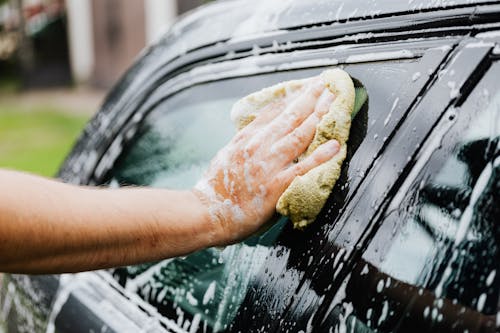
Some U.S. cities and states ban or limit washing your car in your driveway due to water usage rules. The runoff can carry soap, oil, and dirt into storm drains, which is a pollution concern. Violating these rules can result in warnings or fines, especially during drought conditions. Even using a hose without a shut-off nozzle might land you in trouble.
In other countries, washing your car at home is simply what you do on a Sunday afternoon. It’s a common social ritual in many Latin American neighborhoods, with family members pitching in. There’s no thought that a bucket of soapy water could be a legal issue. Instead, it’s seen as good maintenance and pride of ownership.
6. Picking Wildflowers in National Parks
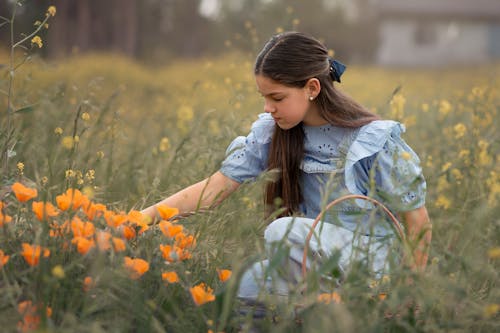
Many U.S. national parks strictly prohibit taking plants, flowers, or other natural items. Rangers issue fines to protect ecosystems and preserve the landscape for everyone. Even plucking a single wildflower can be considered damaging to the environment. These rules are part of broader conservation laws that keep parks pristine.
In other countries, foraging is sometimes encouraged as part of cultural tradition. People in rural Finland or Scotland might gather wildflowers or herbs without a second thought. It’s seen as sustainable use of nature’s resources, especially when done respectfully. In those settings, taking a bloom might be viewed as enjoying nature rather than harming it.
7. Sitting on a Sidewalk

In some U.S. cities, “sit-lie” ordinances make it illegal to sit or lie down on sidewalks during certain hours. The idea is to keep walkways clear and maintain public order. These laws often target loitering and are sometimes enforced in busy commercial areas. Fines can be issued even if you’re just resting for a moment.
Elsewhere, sidewalks double as informal gathering spaces. In parts of Southeast Asia, sitting curbside to chat or snack is completely normal. People might even bring small stools out for street-side dining. Far from being fined, you’d be invited to join in.
8. Smoking in Parks or Beaches

Many American cities ban smoking in public parks, beaches, or even entire downtown zones. The rules aim to reduce secondhand smoke exposure and cut down on litter from cigarette butts. Violations can cost you anywhere from $50 to several hundred dollars. Even vaping can fall under these restrictions.
In other countries, outdoor smoking is far less regulated. In Japan, for example, designated outdoor smoking areas are common but plentiful. In parts of Europe, lighting up by the seaside is just part of the holiday experience. Instead of a fine, you might get offered a lighter.
9. Using a Metal Detector Without a Permit
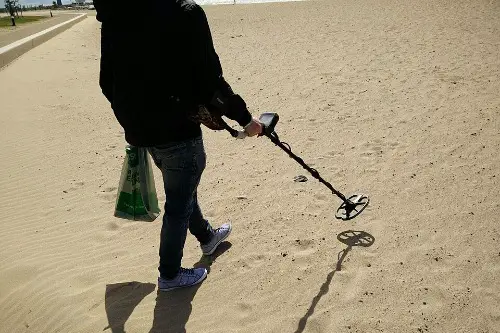
In the U.S., using a metal detector on certain public lands without permission can lead to fines. This is especially true in national parks, historic sites, or protected archaeological zones. Authorities worry about the removal of artifacts and the disturbance of cultural heritage. Even casual treasure hunting is subject to these rules.
In other countries, amateur metal detecting is sometimes celebrated. The UK has a strong hobbyist community that often works in partnership with archaeologists. Finds are cataloged and sometimes displayed in museums with credit to the detectorist. In that environment, your discovery could make you a local hero.
10. Selling Homemade Food Without a License

Most U.S. states require permits to sell food, even if it’s just baked goods from your kitchen. Health departments regulate this to ensure safety and prevent foodborne illness. Selling without a license can result in fines or being shut down. Even small neighborhood bake sales sometimes have to navigate red tape.
In many other countries, home-cooked street food is a cornerstone of the culture. In Thailand or Mexico, people regularly sell meals from their own homes or curbside stands. The focus is on taste and tradition rather than formal certification. In those settings, your cooking might earn you customers and compliments, not citations.
11. Releasing Balloons into the Sky

Several U.S. states have banned or limited balloon releases because of environmental concerns. Balloons can harm wildlife and contribute to ocean pollution. Fines vary, but some states treat it as a serious environmental offense. Even symbolic events like memorial releases can be prohibited.
In other places, balloon releases are still seen as a beautiful spectacle. Festivals in parts of Asia or South America often feature mass releases as a colorful tradition. The visual effect is celebrated as uplifting and joyful. The environmental impact is rarely mentioned in those moments.
12. Swearing in Public
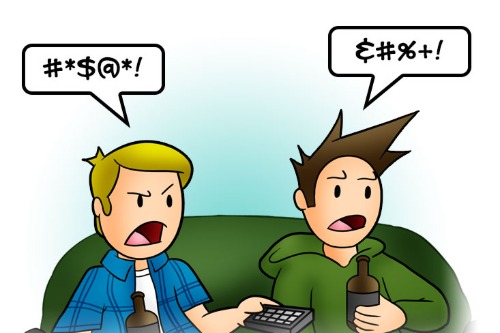
Some U.S. jurisdictions have laws against “public profanity” or “offensive language.” These rules are often used in situations where speech might provoke a disturbance. Fines or citations can be issued if someone complains, even if you’re not shouting. The interpretation can be highly subjective.
In other countries, colorful language is woven into everyday conversation. In parts of Ireland or Australia, swearing is often a form of camaraderie rather than aggression. A salty phrase can even be considered funny or endearing. Instead of a fine, you might get a laugh and a friendly pat on the back.
13. Sleeping in Your Car
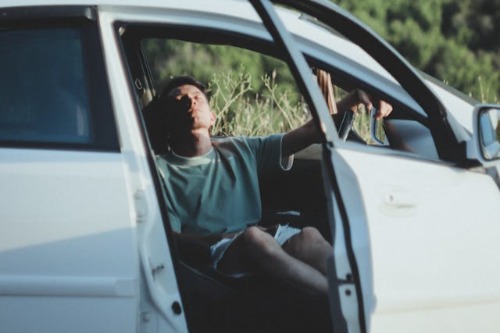
Many U.S. cities and states prohibit sleeping in your car overnight in public areas. The reasoning often includes public safety, crime prevention, and zoning laws. Signs in parking lots and along roadsides make the rules clear. Violating them can lead to tickets or even towing.
In other countries, car camping is embraced as a budget-friendly travel method. In New Zealand, for example, “freedom camping” is part of the tourism culture. Travelers sleep in vans or cars along scenic routes without issue. Far from being fined, you might be welcomed into a roadside picnic.
This post 13 Things You Can Be Fined for in America That Would Get You Applauded Abroad was first published on American Charm.


